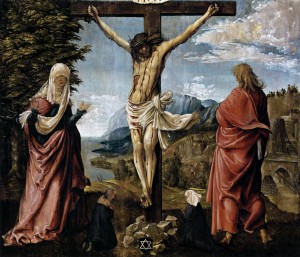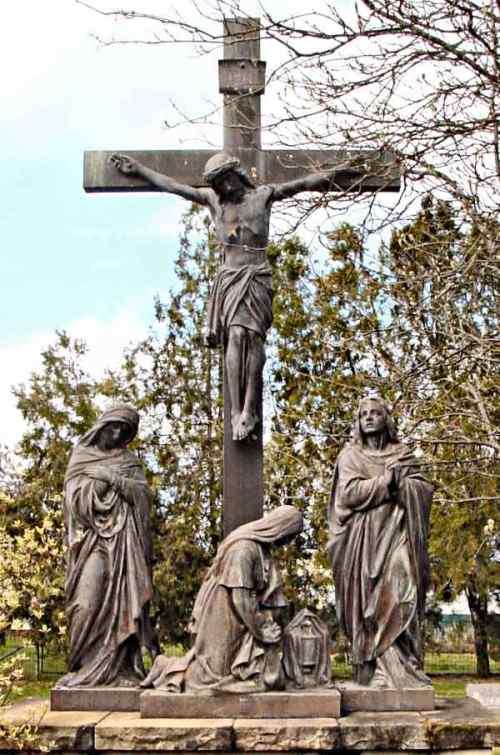
The Noxious Weeds of Self-Sufficiency
He died for all, fthat those who live might no longer live for themselves but gfor him who for their sake died and was raised.
2 Cor. 5:14 ESV
We all do it. We all fall back into it. We try to earn God’s acceptance and approval by our good performance (Gal. 3:1-3). We think if we will be a good little boys or girls, then God will be obligated and have to bless us. God will see our sincerity, our best efforts, and our decent morals and accept us, forgive us, and honor us. Our goodness will earn for us freedom from suffering and hardship–true salvation. We grow secure in our own goodness by our own efforts.
However, the Cross of Christ rejects our self-sufficiency. The Cross declares our efforts null and void (Rom. 3:10-12). The Cross shouts from Golgotha, our best efforts are morally corrupt, intrinsically selfish, and ultimately self-deceiving (Gal. 3:13). Our self-centered sins are noxious weeds that choke off life, joy, and hope.
In our faces, the Cross declares our need for a savior. The Cross is our most precious treasure for it frees us from ourselves (2 Cor. 5:15). The notion that we can save ourselves is destroyed. We see that our best efforts for salvation are absurd and ridiculous.We look upon our suffering Savior and recognize that our sin and selfishness put him there. That ultimately, Jesus is bearing on the Cross our just punishment for our sins. Our own selfishness, our desire to be first and foremost, our self-absorption, self-concern, and self-conceit put Jesus there (Rom. 4:25).
The Cross breaks us of our pride as we witness God’s love poured out in Christ. We see that our best efforts are nothing. Our choice: accept God’s grace in Christ or continue to flounder, waver, harden our hearts, and be destroyed by our pride and selfishness (1 Cor. 15:10).
The Cross does not have to be a stumbling block!
Our sin must be extremely horrible. Nothing reveals the gravity of sin like the cross. For ultimately what sent Christ there was neither the greed of Judas, nor the envy of the priests, nor the vacillating cowardice of Pilate, but our own greed, envy, cowardice and other sins, and Christ’s resolve in love and mercy to bear their judgment and so put them away.
It is impossible for us to face Christ’s cross with integrity and not to feel ashamed of ourselves. Apathy, selfishness and complacency blossom everywhere in the world except at the cross. There these noxious weeds shrivel and die. They are seen for the tatty, poisonous things they are. For if there was no way by which the righteous God could righteously forgive our unrighteousness, except that he should bear it himself in Christ, it must be serious indeed. It is only when we see this that, stripped of our self-righteousness and self-satisfaction, we are ready to put our trust in Jesus Christ as the Saviour we urgently need.
John Stott, The Cross of Christ (Downers Grove, IL: InterVarsity, 1986), 83.








